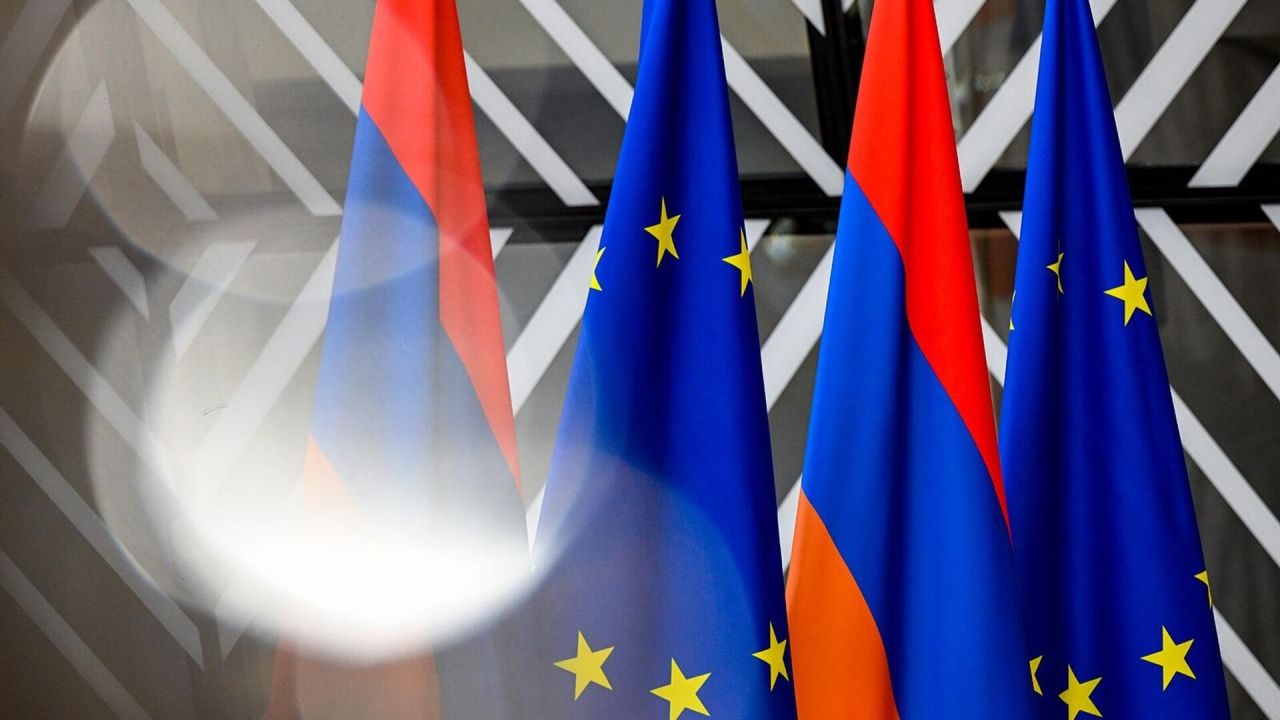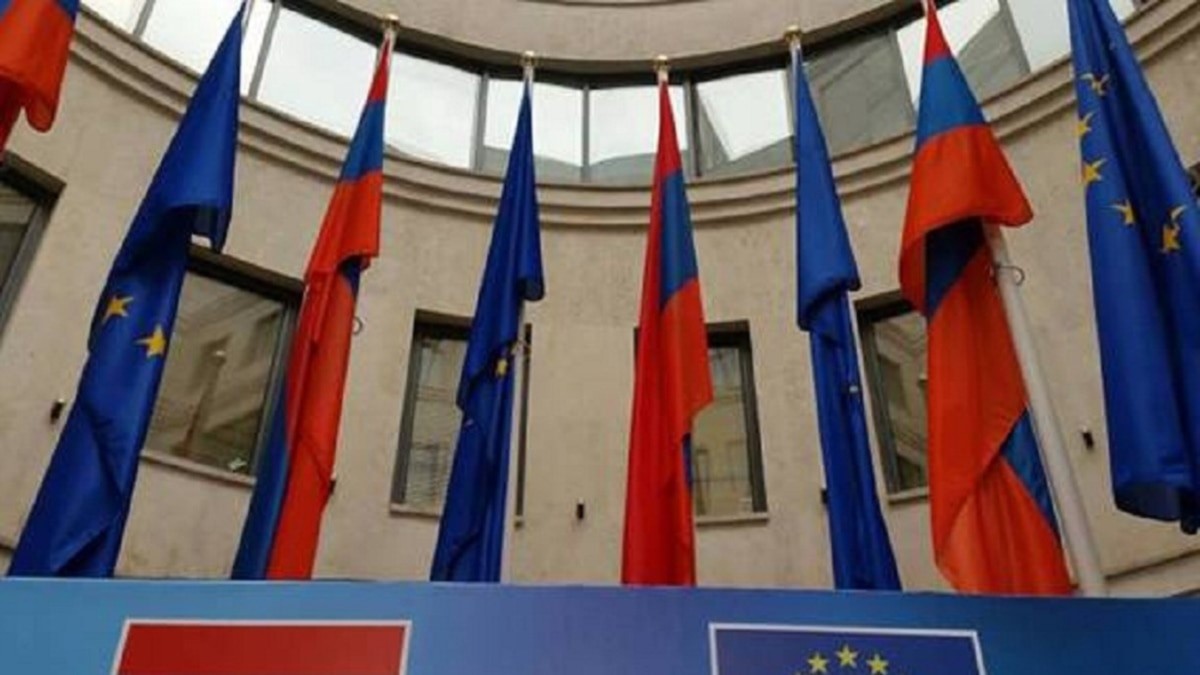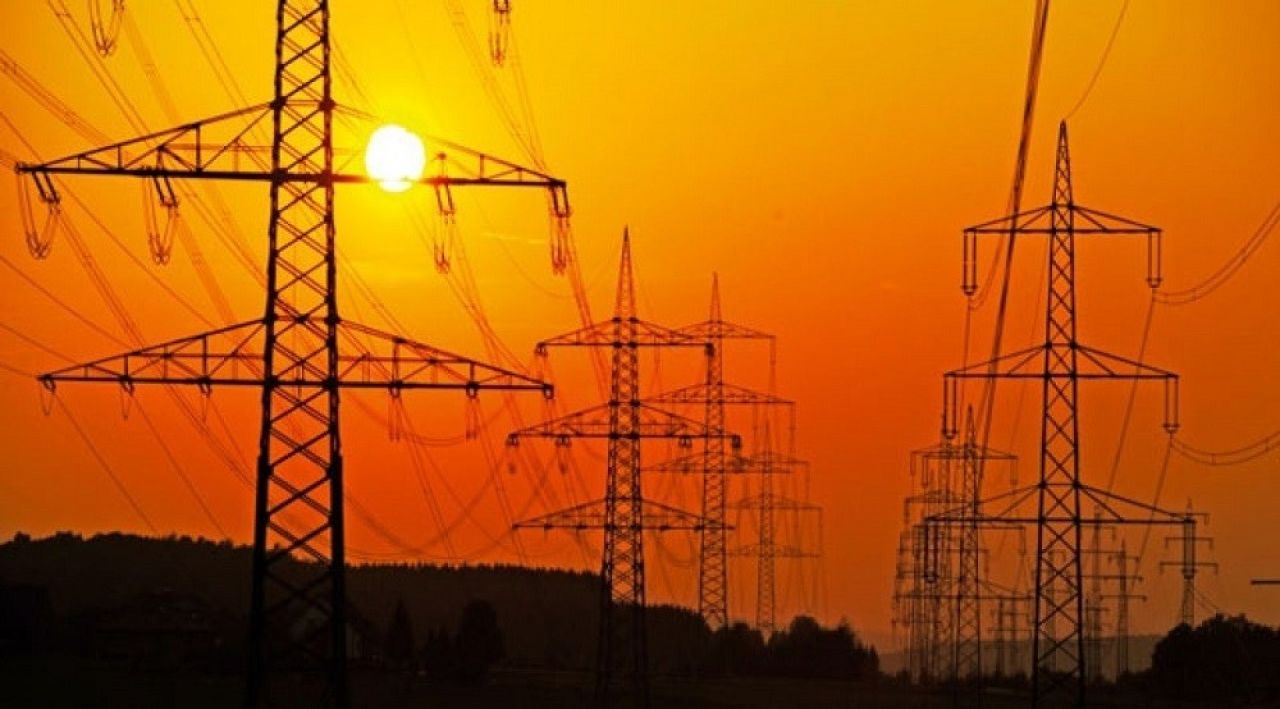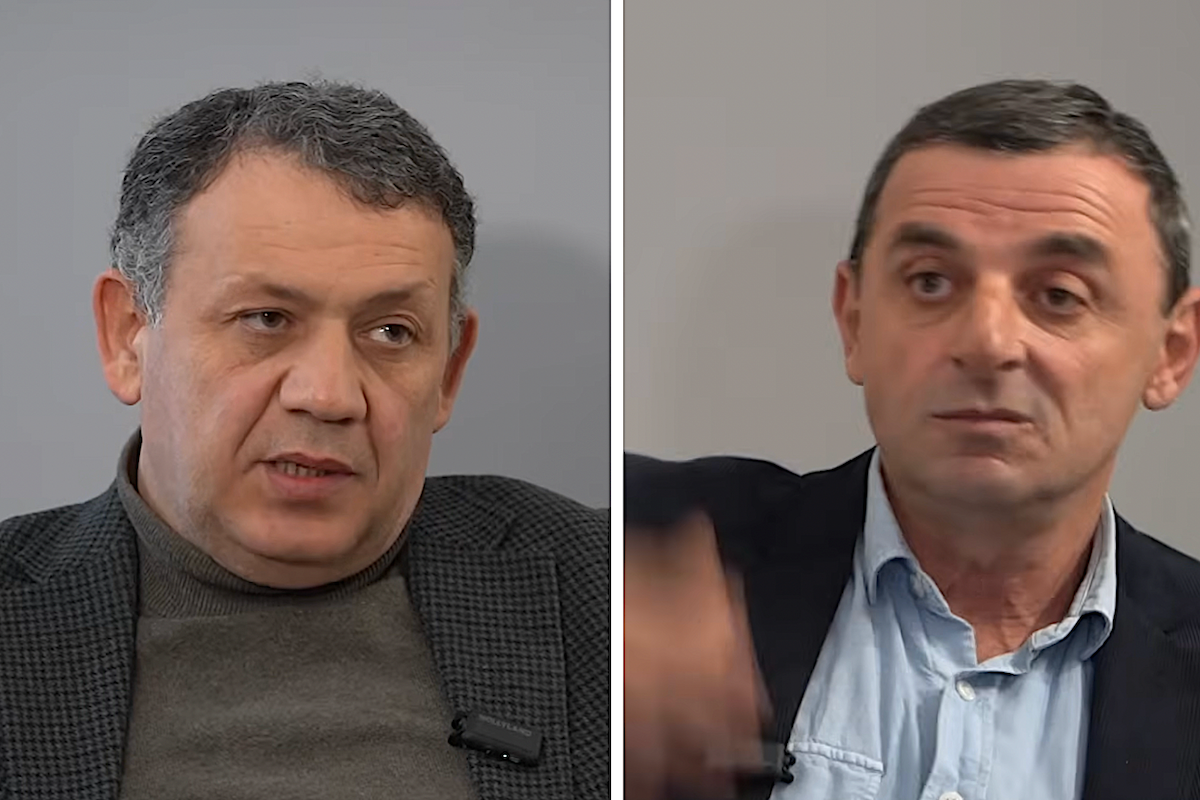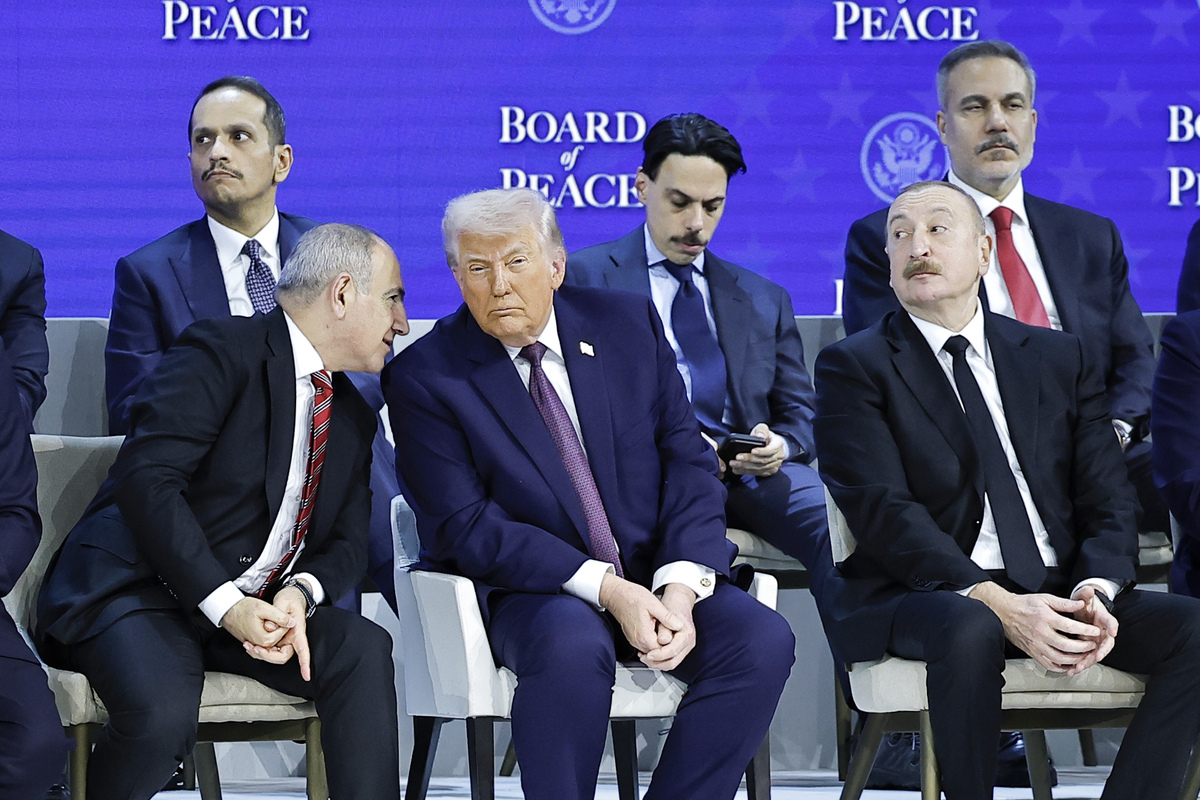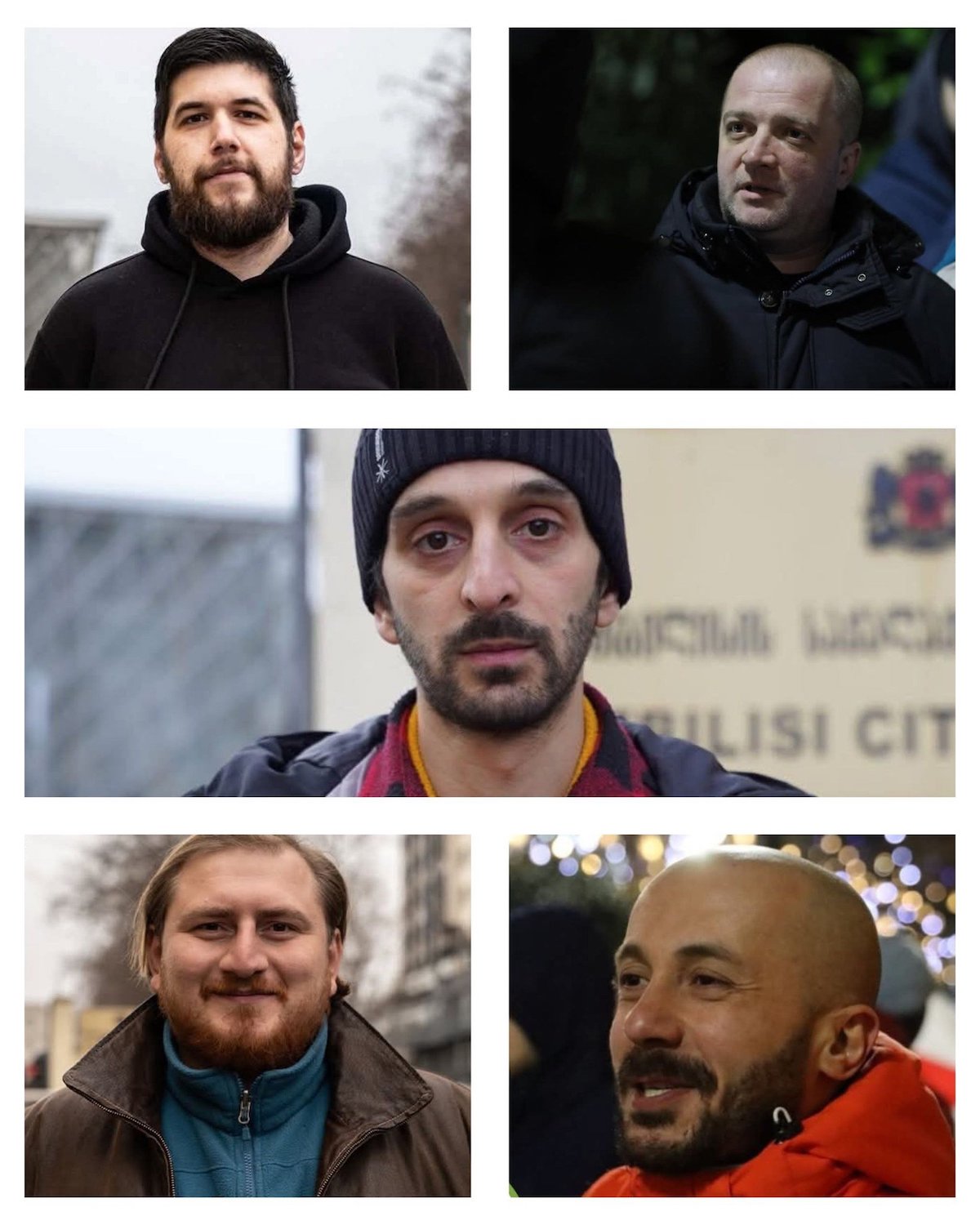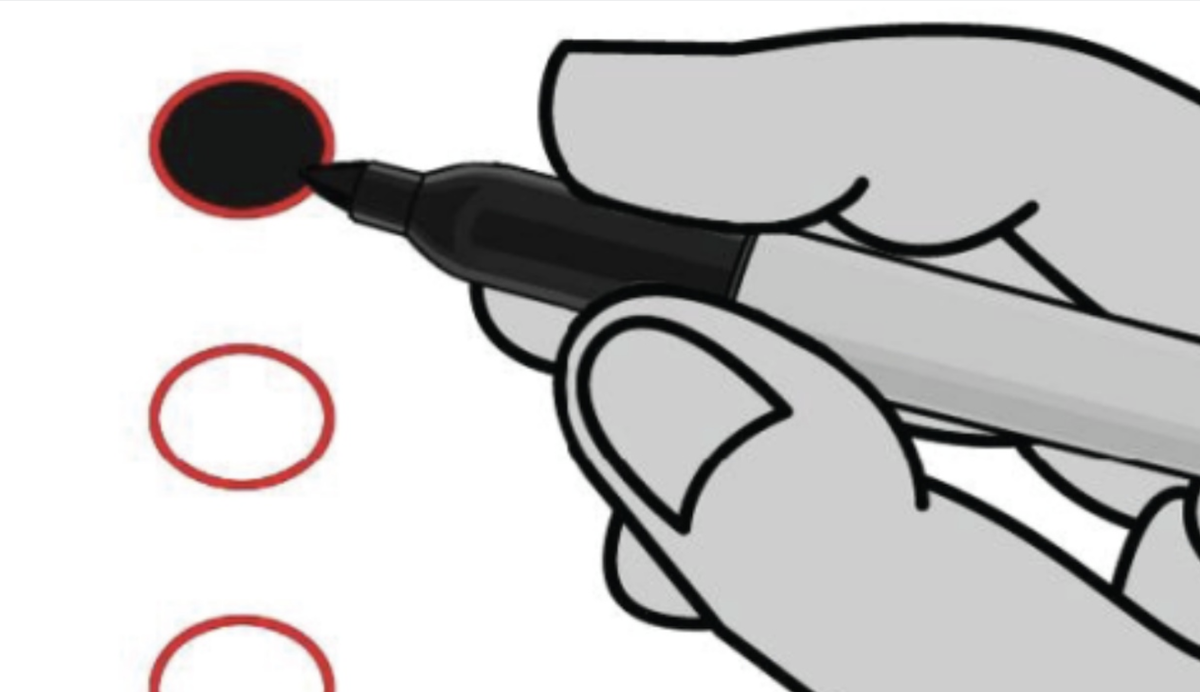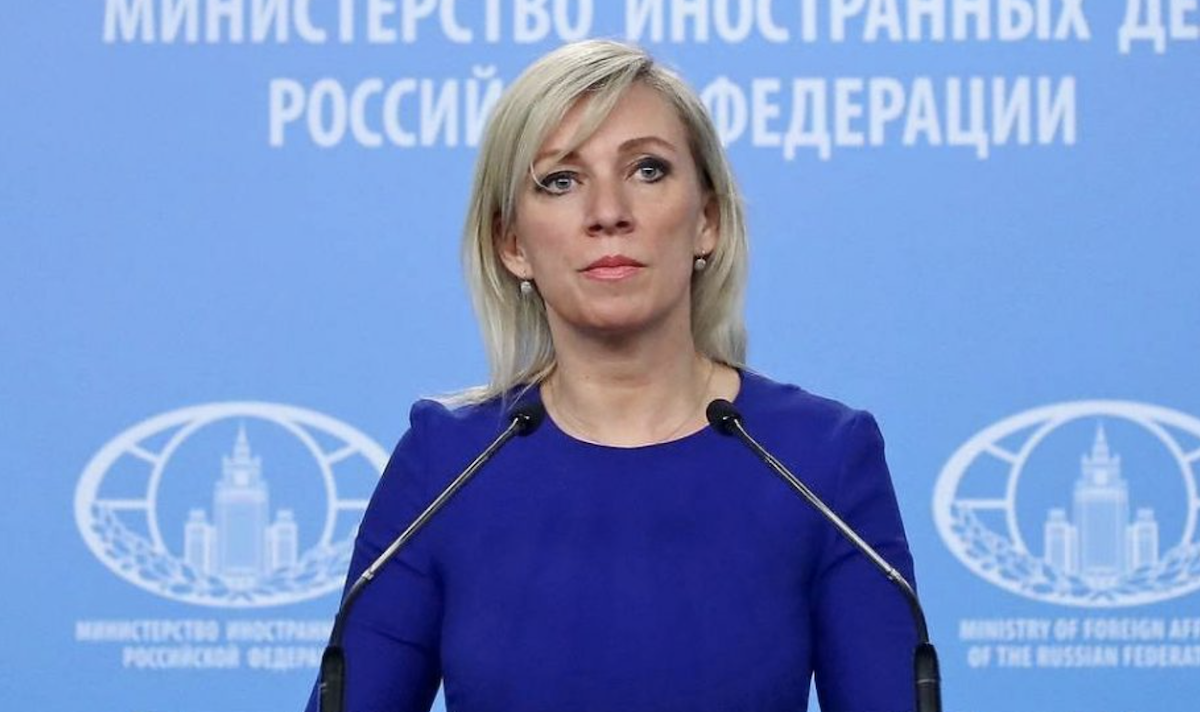Armenian parliament backs agreement defining Yerevan’s role in EU crisis-management missions
Armenia’s role in EU crisis management operations
Armenia’s parliamentary commission on European integration has given a positive assessment for the ratification of the agreement “On defining Armenia’s framework for participation in EU crisis management operations.”
The agreement itself was signed on 30 June. Foreign Minister Ararat Mirzoyan described the signed document as an important achievement.
“This is a clear demonstration of our mutual readiness to expand the Armenian-European partnership agenda. At the same time, the agreement reflects Armenia’s willingness and preparedness to contribute constructively to global security, stability, and peace,” he said.
The agreement will now be discussed at a plenary session of parliament. Once parliament ratifies it, Armenia will be able to participate in EU crisis management operations.
When journalists asked whether the agreement implies armed involvement by Armenian forces, Deputy Foreign Minister Mnatsakan Safaryan said:
“In some cases, we may participate with weapons; in others, without. EU crisis management covers a variety of areas. These could include, for example, doctors or demining specialists.”
Arman Egoyan, head of the parliamentary commission on European integration, said there is no need to fear armed participation in operations.
“If our defence ministry determines that, based on our experience and various aspects of interstate cooperation, we should take part, then yes, we will participate. Just as we did in operations in Iraq, Afghanistan, and Lebanon,” he added.
The agreement to be ratified sets the general conditions for Armenia’s participation. Once parliament approves it, officials will no longer need to define these conditions for each mission separately.
According to the Foreign Ministry, Armenia’s involvement in EU missions will help establish and deepen cooperation between the relevant agencies of both sides. This, in turn, will “contribute to further collaboration within various initiatives.”
- EU investments in Armenia to reach €2.5 billion: meeting in Brussels
- “EU to support Armenia in this critical moment”: Kaja Kallas visits Yerevan
- ‘EU-Armenia ties have never been this close’: European parliamentarians in Yerevan
‘It is too early to say which specific operations we will take part in‘
According to Deputy Foreign Minister Mnatsakan Safaryan, the agreement will allow Armenia to receive invitations and decide whether to take part in each mission.
Journalists asked him which conflict zones Armenia might be involved in.
“I cannot specify right now where Armenia’s presence is possible. There will be individual invitations, and we will decide whether to participate or not. At this stage, it is too early to say which specific operations we will take part in,” he replied.
Details of agreement
According to the document, Armenia can deploy the capabilities and personnel of its security forces to support EU crisis management operations.
The agreement states that the EU will decide whether to extend invitations to third countries, including Armenia, to take part in specific operations.
“Armenia may accept an EU invitation and offer its contribution. In this case, the EU will decide whether to accept it,” the agreement specifies.
JAMnews examined the text and found that it allows Armenia to participate in both civilian and military operations.
Under this framework, personnel deployed from Armenia must:
- be certified fit for service by the competent Armenian authorities.
- undergo a medical examination,
- receive required vaccinations, and
Command of both civilian and military operations will rest with the EU, while the agreement emphasizes that “for daily operational management, Armenia will exercise the same rights and responsibilities as EU member states participating in the mission.”
The document also highlights the requirement to protect EU classified information. To ensure this, the parties may enter into separate agreements detailing security procedures for handling and exchanging sensitive information.
Armenian Foreign Ministry conclusion: “This is advisable from the perspective of Armenia’s foreign policy”
The Armenian Foreign Ministry stated that it considers ratifying the agreement advisable from the perspective of the country’s foreign policy:
“Signing the agreement is also seen as a practical step in foreign policy, aimed at deepening cooperation with the EU and implementing its standards.”
The Ministry emphasized that the agreement will allow Armenia to benefit from the experience of European partners in crisis management.
Additionally, the document will provide a legal framework to regulate cooperation:
“Given that the Armenia–EU partnership has recently expanded to include security and defense collaboration, the agreement will create opportunities to deepen and further broaden cooperation in these areas.”
Armenia’s role in EU crisis management operations










